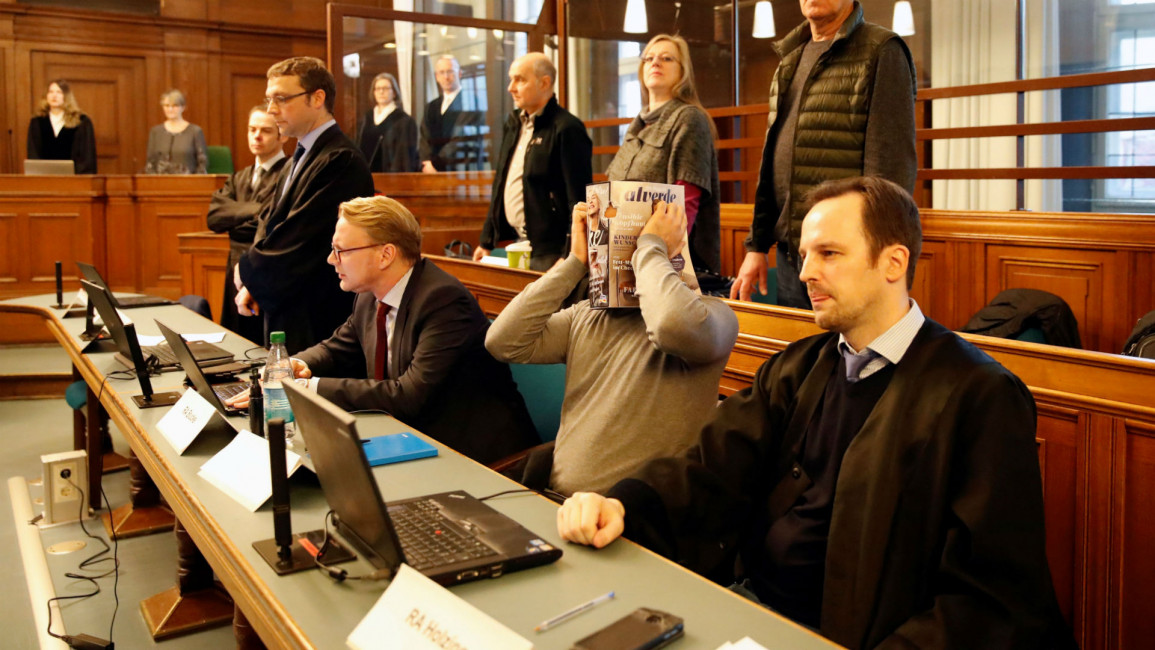Lebanese-German family members on trial over stolen $4.3m gold coin
Three members of a prominent Lebanese-German family went on trial in Germany on Thursday over the brazen theft of a 100-kilogram (221-pound) Canadian gold coin that disappeared from a Berlin museum two years ago.
Two brothers and their cousin are accused of stealing the "Big Maple Leaf" coin from the Bode Museum in March 2017.
The fourth suspect, identified only as 20-year-old Dennis W., worked as a security guard at the museum, which is located in the heart of the German capital. He is accused of scouting out the scene of the crime.
The opening of the trial at Berlin's district court drew intense media interest in Germany because of the Hollywood-style nature of the heist and their families' alleged ties to organised crime.
Prosecutors believe that the Remmos smashed a protective case and then managed to lift the coin out of a museum window before fleeing along a rail track with their haul in a wheelbarrow.
They are suspected of later cutting up the coin, valued at about 3.75 million euros ($4.33 million), and selling the pieces.
The men's lawyers have denied the accusations leveled against their clients and accused prosecutors of presenting no evidence linking them to the theft.
If convicted, the men could face up to 10 years' imprisonment for serious theft, though the three youngest defendants may be sentenced as juveniles because they were under 21 at the time of the crime.
The Remmo family is one of around ten so-called 'Arab clans' often at the centre of media speculation regarding organised crime in Berlin.
The majority of Berlin's Lebanese immigrants travelled to Germany during the Lebanese Civil War in the 70s and 80s.
In 2016, Berlin social workers raised concerns that some of the new influx of Syrian refugees could fall prey to well-established Arab crime families.



